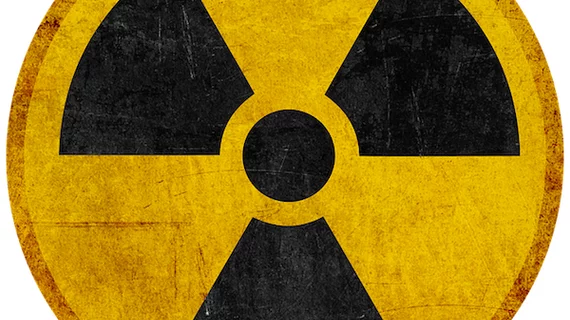Another isotope shortage looms as mechanical failure delays production
The nuclear medicine community should be advised that there is an impending shortage of molybdenum-99 (Mo-99)/technetium-99m (Tc-99m), according to a communication shared by Nuclear Medicine Europe (NMEU).
In a meeting held on Oct. 28, the NMEU Emergency Response Team (ERT) was informed that a mechanical failure was discovered at the BR2 reactor, located in Belgium, during inspections. For this reason, the investigations must continue, and the reactor’s restart date is being delayed. It will not resume operations until Nov. 18 at the earliest.
Inevitably, this will result in disruptions in the supply of Mo-99 and Tc-99m—medical radioisotopes that are crucial to the field of nuclear medicine—until at least the end of November. According to an estimate by the Society of Nuclear Medicine and Molecular Imaging (SNMMI), Tc-99m is utilized in approximately 50,000 medical procedures per day in the United States alone.
Compounding the consequences of the mechanical failure, in August, NMEU announced a planned outage at one of the reactors that produces I-131. Stakeholders were informed that this outage could periodically disrupt the supply of the isotope from September 2022 through February 2023. This latest discovery at the BR2 reactor could exacerbate the isotope shortage further, the NMEU statement indicates.
As a mitigation tactic, NTP Radioisotopes—a subsidiary of the South African Nuclear Energy Corporation—will extend the cycle of its SAFARI reactor by one week. According to NTP, the SAFARI reactor supplies up to one-third of the global supply of Mo-99.
The NMEU communication suggests that other mitigation measures are also being considered due to the unplanned delay at the BR2 reactor. The next update on the situation will be shared during the Emergency Response Team meeting being held on Nov. 4.
To read the statement from NMEU, click here.
For information on the planned outage said to potentially impact Mo-99 supply through February 2023, click here.

